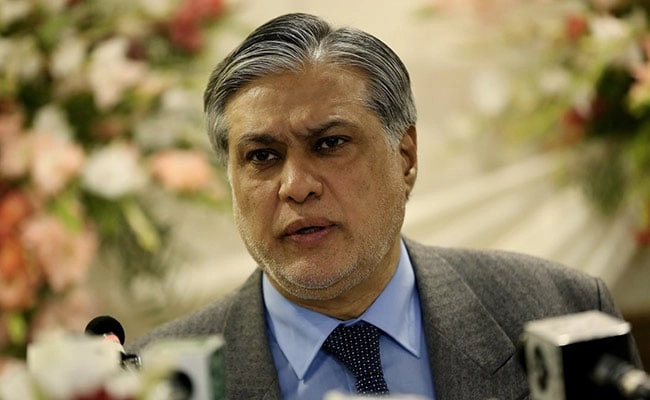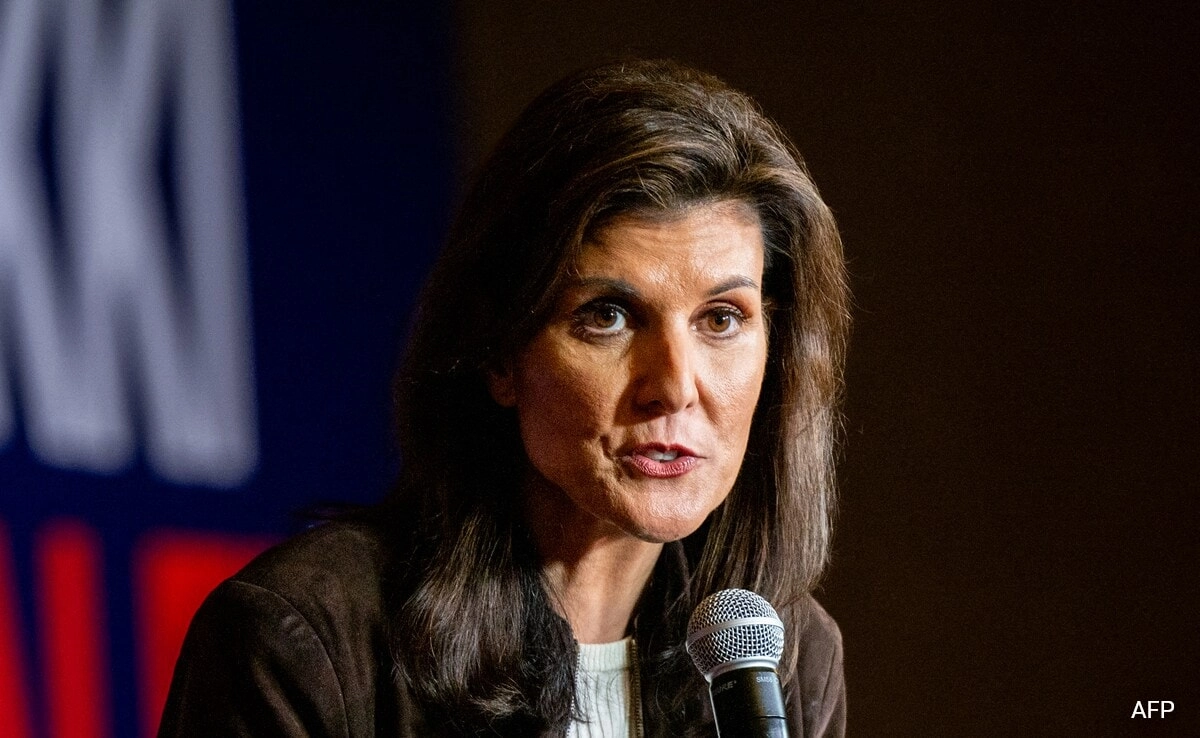In a recent statement that has drawn significant attention and concern, Pakistan’s Deputy Prime Minister Ishaq Dar has openly expressed support for the terrorist organization known as The Resistance Front (TRF). This endorsement comes in the wake of an attack in Pahalgam, a popular tourist destination in Jammu and Kashmir, where violence has escalated in recent months. Dar’s comments have raised alarm among various political and security analysts, who view them as a troubling signal of the ongoing tensions in the region and a potential endorsement of extremist actions.
Dar’s call for proof regarding the Pahalgam attack suggests a deflection of responsibility and an attempt to shift the narrative. By challenging the legitimacy of the evidence presented about the attack, he appears to dismiss the severity of the situation, raising questions about the Pakistani government’s stance on terrorism and its implications for regional stability. His open support for TRF signals a concerning alignment with militant groups that have been implicated in violent actions against civilians and security forces alike. This situation underscores the complexities of regional politics, where narratives are often manipulated to serve specific agendas.
Furthermore, this incident highlights the broader implications of such support for the already fragile peace in Jammu and Kashmir. The endorsement of TRF by a high-ranking Pakistani official may embolden the group and its affiliates, potentially leading to increased violence and unrest in the region. It also poses challenges for international diplomatic efforts aimed at fostering dialogue and reconciliation between India and Pakistan. As the global community watches closely, the need for accountability and a commitment to peace becomes ever more critical in addressing the underlying issues that fuel such conflicts.
In conclusion, Ishaq Dar’s comments and support for the TRF are indicative of the ongoing complexities and tensions in South Asia. They reflect a broader narrative that seeks to challenge established facts surrounding acts of terrorism, potentially undermining efforts toward lasting peace and stability in the region. As the situation continues to evolve, it will be crucial for both nations and the international community to address these developments with a commitment to justice and a focus on fostering an environment where dialogue can prevail over violence.




